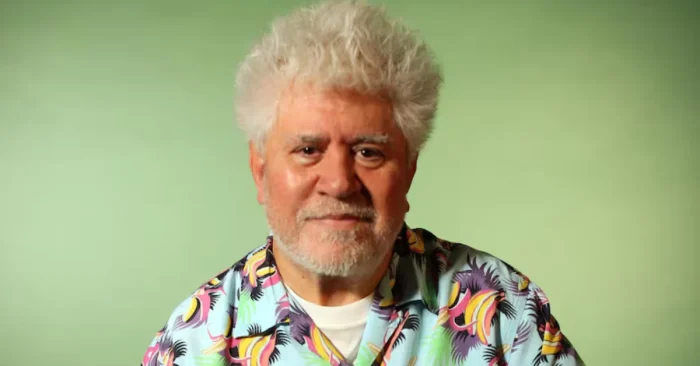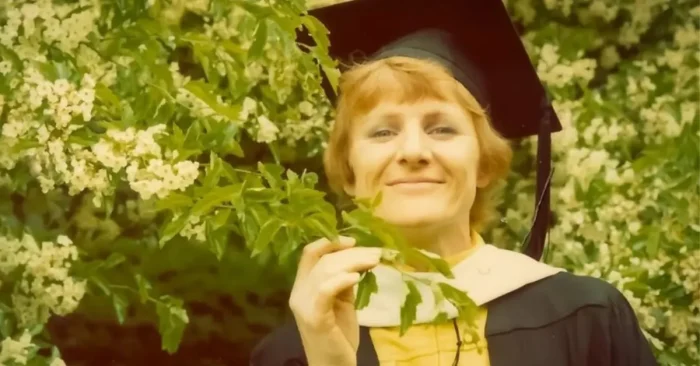Pedro Almodóvar – Biography
Early Life and Roots
Pedro Almodóvar was born on September 25, 1949, in Calzada de Calatrava, Spain. Raised in a devout, rural family, he spent early years immersed in Catholic culture. At age 8, he attended a boarding school with dreams of priesthood—until he discovered the magnetism of cinema. After high school, he moved to Madrid without formal training, drawn to the city’s vibrant underground arts scene in the wake of Franco’s death.
Self-Education in Film
Unable to study at the shuttered film academy, Almodóvar taught himself by watching classics and making Super 8 shorts. While working at Telefónica, he created home-made films that captured the energy of La Movida Madrileña—Madrid’s countercultural renaissance. His early work was bold, irreverent, and fearless, exploring taboo subjects with sharp wit and stylistic flair.
First Feature Success
Almodóvar’s first feature, “Pepi, Luci, Bom” (1980), instantly showcased his unique voice—unapologetic, colorful, and playful. It was closely followed by “What Have I Done to Deserve This?” and “Law of Desire,” all of which challenged norms and built a cult following. His films resonated with Spain’s newfound freedom and echoed evolving social attitudes.
International Breakthrough Films
His global breakout came with “Women on the Verge of a Nervous Breakdown” (1988), a comedic melodrama that earned an Oscar nomination. He continued international success with “All About My Mother” (1999), which won the Academy Award for Best Foreign Language Film. “Talk to Her” (2002) earned him a second Oscar for Best Original Screenplay—further establishing his artful balance of drama and humor.
Key Themes and Style
Almodóvar’s films are striking for their bold colors, intense emotions, and strong female leads. He frequently explores identity, desire, trauma, and unconventional relationships. Drawing on elements of melodrama, suspense, and comedy, he creates deeply human stories with emotional resonance and cinematic style.
Notable Recent Work
In recent years, Almodóvar has continued pushing boundaries with films like “Volver” (2006), “Pain and Glory” (2019), and “Parallel Mothers” (2021). These works blend autobiography, memory, and emotional honesty with trademark visual flair. In 2023, he surprised audiences with “Strange Way of Life,” his first English-language short, starring Ethan Hawke and Pedro Pascal.
Legacy and Impact
As an openly gay filmmaker, Almodóvar shattered Spanish and international taboos about sexuality and gender. He has earned two Academy Awards, a Golden Lion for Lifetime Achievement, and global praise for elevating Spanish cinema. His body of work remains a vibrant testament to his creativity, empathy, and fearless storytelling.
Frequently Asked Questions (FAQs)
What makes Almodóvar unique?
His vivid visual style, passionate storytelling, and portrayal of complex emotional and social themes set him apart in world cinema.
Which movies won his Oscars?
He won Best Foreign Language Film for “All About My Mother” and Best Original Screenplay for “Talk to Her.”
Has he directed in English?
Yes—his first English-language project is the 2023 short film “Strange Way of Life.”
What are his signature themes?
His films often explore identity, passion, trauma, family, and the resilience of women.
Why is he important?
Almodóvar has transformed Spanish cinema, championed queer representation, and become a global voice in film.






